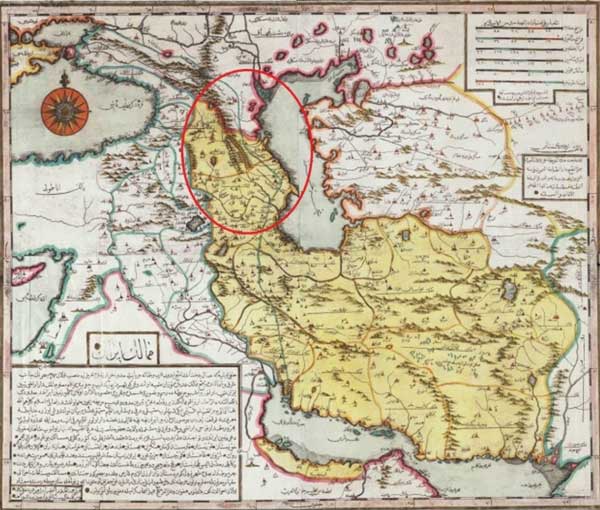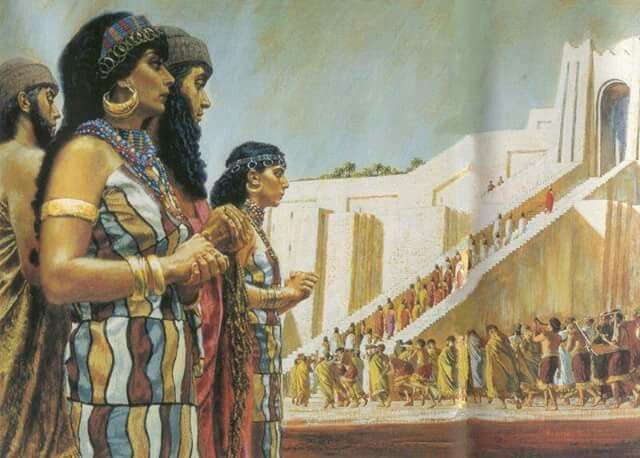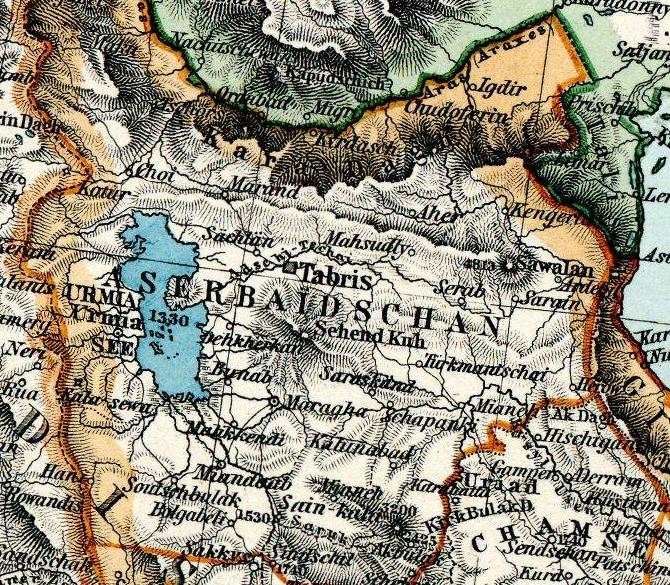Turkish language
In the world of different languages, they have affected each other, they have borrowed each other or burned into a dialect or a question in a property area.
But it is almost said that languages have a root that we will be in the world of language languages. The new Turkish need to say with a example in a simple language that the Hongiian language was in front of English that is called localization.
Today, Turkish language wants to do with Persian language, while Turkish language, with the immigration and attack on the Gogrekh relatives towards the West and Iran's plateau came to these areas during the Ottoman Empire, Turkish language only used to people who were from the breed of the law, and the language of the court or the language of the country of Persian language was
After World War I and the split of the Ottoman Empire, formed several countries in Turkey
Turkish chosen as a formal language was a language that was line like a Arabic line and changed to Latin line
But in expressing some words, because the old language of Turkish was very weak and only 40% of Turkish words and the words of Persian that were expressed by Turkish and 60% other, respectively, from Arabic, English, France, and in terms of Ava and the roots of the words, a gap between the old Turkish and Turkish language
These changes even more than using the Ö, Ü letters in writing the words
So, they found the solution to find that they would be for the purpose of being made to make a problem for Turkish and one of the methods of history, which was used by the language of historians, linguists, the Orientalists, about the dating and history of Turkish language.
Although these people either did not exist or dead, and in their books, they did not write such words. We introduce you a few of these linguists, historians
(Man Muller)
When we learn Turkish language with carefully and we are in a miracle that creates human stuff in the language of it. "
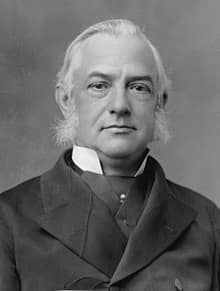
The person who spoke about his language in Turkish Friedrich Max Müller(Farrichrich Max Müller) (born by December 6, 18813-death of October 28, 1900) was German librarians and eurorastones.
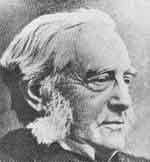
He was one of the authorities of the Iggling and the comparative and mental research of rituals in Western universities. He was a great family of languages that was named for him first in 1810 AD, from the Danish Geographers, Constrant Malt Beron, called the Hindo, and slightly later called alternative names such as Hindi, Emidi, Hindi-Betty, Sanskrit, Handoclon, and Aria-European, called the family of Aryan languages.
Also called the linguistic family that was called in the future of Urale-Altai, the family of the languages of the tongue. He has research and general affairs in the field of object and the eastern sacred books that write in the fifty volumes with
his leader is from the reminders of the Revolutionary Wiktorian Research Act.
(John Perry)
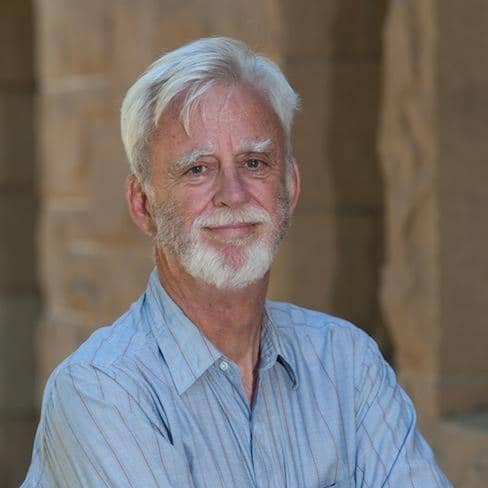
"As the Arabic language has been a great influence on Persian, as it has been so surprising, it is not surprising that Turkish language as a language of Shiite, the profound impact on Farsi
John Perry is another historian who attributed to the Turkish language, while JohnFairy's professional language profession and the American civilization at the University of Chicago is she is among the writers of the history of Ir
Nickita Hayden

Man had not been able to create such a language at that time, or created the lives of the language of this language, or God has given the most of the communications of the prophets, and the gods have made this greatly related communication
About linguistics, the named Nicita Hayden, the German language that never has a foreign language, and such a person is not teaching at any German university or membership in the heat.
At the end of the report of the scientific organization that does not exist the US organization
A.M.T

The 2002 report of the A.M.T Institute was under the management of the most prominent European and American linguistics in the 20% English words, 40% of Italian vocabulary, 17% of German vocabulary and 10% of French vocabulary from Turkish language.


